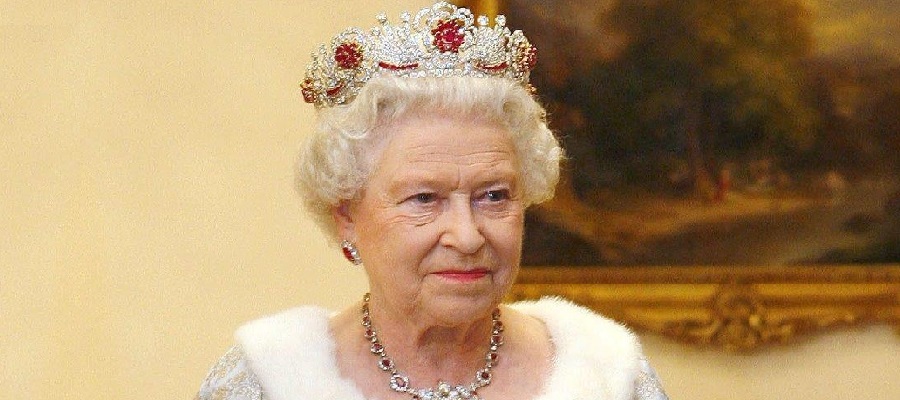England’s Longest Reigning Monarch
Recently Queen Elizabeth II became the longest reigning1 monarch in the history of England. The previous record holder was Queen Victoria, who sat on the throne for 63 years and 216 days. Now it’s down to our current head of state to set a new record. Will her future successors take it even further or will Elizabeth be the record holder for all time?
With such a long history there are many events to look at. Firstly, I think it’s worth mentioning that before she ascended the throne2 in 1952, Elizabeth had already served the nation’s military needs in World War II. In February 1945, Elizabeth II joined the Women’s Auxiliary Territorial Service as an honorary Second Subaltern3 with the service number 230873. She trained as a driver and mechanic, drove a military truck, and was promoted to honorary Junior Commander five months later. A few short years after the Second World War ended, the Queen’s father died in his sleep, and she became the new monarch of England at the age of 25. She had been out of England visiting Kenya and flew home when she received the sad news about her father. The Queen later, unintentionally, increased sales of TV sets as many people wished to watch her coronation on their own screen. After some years, aspects of the royal family began to change. In 1970, the queen performed the first royal “walkabout;” she met members of the public face-to-face in the street during a tour of Australia and New Zealand, thereby underlining the royal family’s gradual modernisation. Elizabeth II has seen three levels of Jubilee celebrations, going from Silver (25 years on the throne) through gold (50 years) and Diamond (60 years). She’s actually been married to her husband, Prince Phillip for even longer than she has been the monarch. The couple married in 1947, and even though Philip has earned a reputation for saying inappropriate and embarrassing things in public, the queen has always called him her strength through the years. I have a tenuous4 personal connection to the Queen in that my uncle was a professor of Economics at Oxford University for many years and in recognition of his extensive work, he was knighted5. This means he got to meet the Queen, and she touched him on the shoulders with a sword6.Now he is no longer Mr Tony Atkinson but instead Sir Tony Atkinson. It’s a nice thing to have in the family. Since I’ve not met the Queen personally I would be worried that I would say or do something incorrectly. Recently a shop manager was accused of breaking royal protocol when she guided the Queen into a fish market in Newhaven, East Sussex. From some angles, it looked like she may have touched Her Majesty’s bright pink coat.
SO HOW SHOULD YOU ACT IF YOU MEET THE QUEEN? Traditionally you shouldn’t touch her except you can give her a polite handshake. When meeting her, men should bow7 slightly and women curtsey8. However, many people prefer to greet her with a handshake as they would anyone else.
The first time you speak to the Queen, you should use the title “Your Majesty,” but afterwards you can say “Ma’am”. Apparently it’s similar for other Royals in that when you first meet them, you should say “Your Royal Highness” and then in later conversation you can address them as “Sir” or “Ma’am”.
I’m not sure how well I could manage that part as on the one hand, it’s nice to have good traditions with history. I would love to meet the Queen and really talk with her to find out how life is in such a different and unusual family compared to most people.
QUESTIONS
1. What do you think of the royal family in England?
2. Do you think it’s unfair that royalty is something you can only be born or married into rather than earn? Why or why not?
3. How active do you think that heads of state should be concerning day-today political and social issues?
4. How would you feel if you met the Queen? What would you like to ask her if you could say anything?
Peter Wallin
Vocabulary: 1 [reiniŋ] vládnuca – vládnoucí; 2 [∂sendid] nastúpila na trón – nastoupila na trůn; 3 [sablt∂n] podriadená – podřízená; 4 [tenju∂s] slabý, nejasný; 5 [naitid] povýšený do šľachtického stavu – povýšený do šlechtického stavu; 6 [so:d] meč; 7 [bau] ukloniť sa – uklonit se; 8 [k∂:tsi] obradne sa ukloniť a mierne pokrčiť kolená – obradně se uklonit a mírně pokrčit kolena

